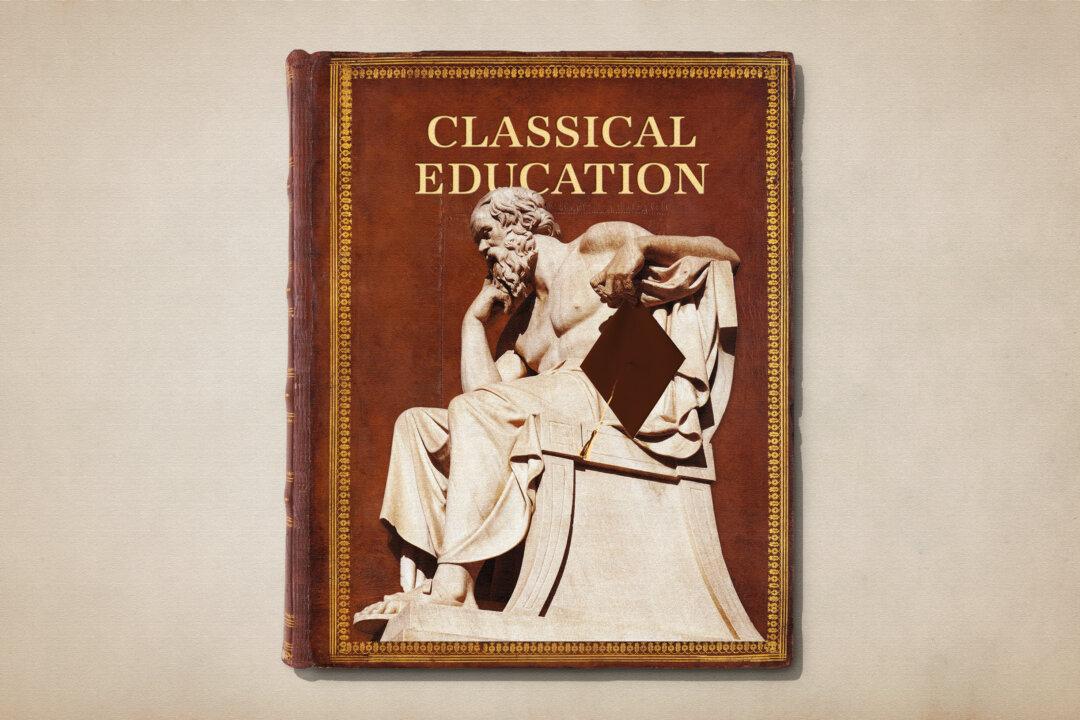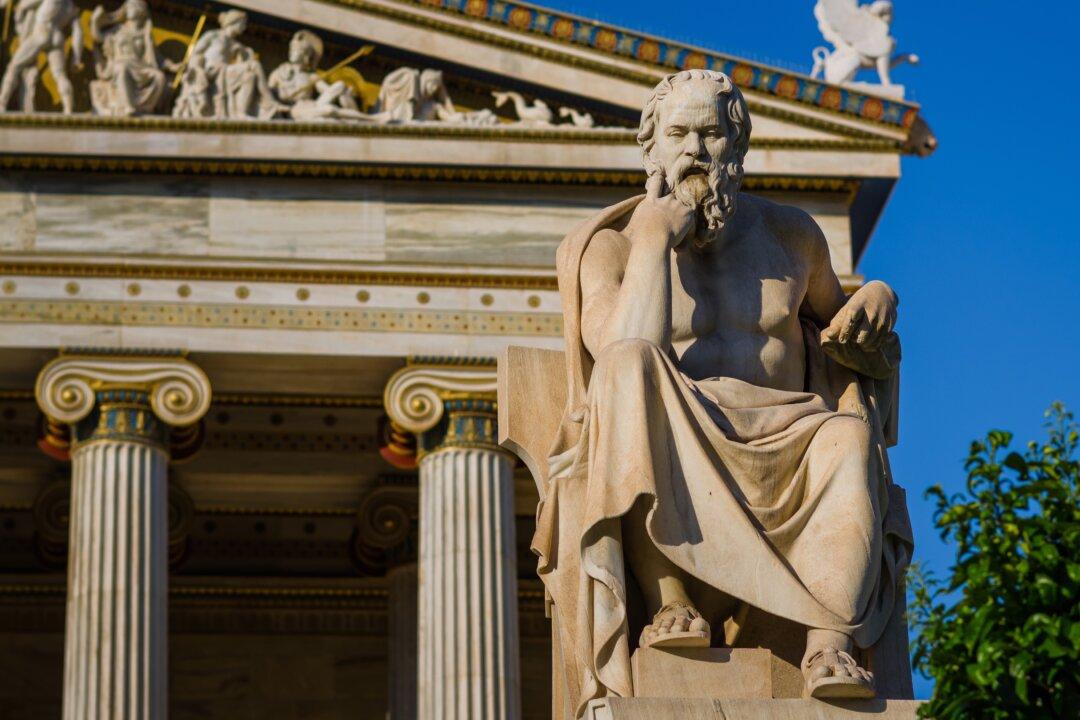Commentary
When I was in college, you never heard the sacred troika, “diversity, equity, and inclusion”(DEI). I started graduate school in the mid-1980s, and the prevailing attitude toward any such institutional formula voiced by the powers that be with a numbing regularity was jaded suspicion.





